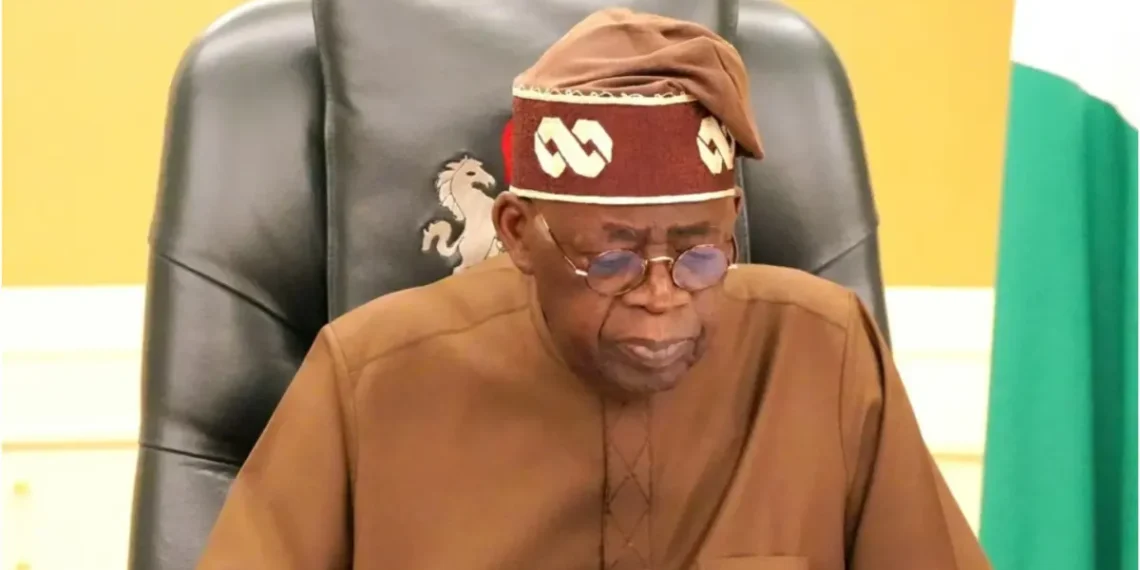President Bola Tinubu has said that Nigeria has moved past the era of unfulfilled promises and abandoned initiatives, asserting that development is a right that should be accessible to every community, regardless of its location.
He made these comments on Friday in Gwagwalada, Abuja, during the inauguration of a road project executed by the Federal Capital Territory (FCT) Administration under Nyesom Wike.
Speaking through Vice President Kashim Shettima, Tinubu highlighted the road’s significant impact, describing it as “a corridor of dignity for market women, a safe route for school children, and a pathway to prosperity for diligent traders.
“The time of empty promises and neglected projects is behind us,” Tinubu stated.
“We are not merely constructing infrastructure; we are fostering trust in governance.”
He attributed the ongoing changes in the FCT to deliberate reforms and a leadership focused on transformation, noting that projects like the newly finished road were chosen by the community, rather than imposed from above, demonstrating a responsive and inclusive government.
“No community is too remote to be acknowledged, and no voice is too distant to be heard under this administration,” Tinubu asserted.
Read also:
- Tinubu to visit Kaduna to inaugurate major projects
- EFCC boss inaugurates NDDC projects in Bayelsa
- Umahi lauds Gov. Oborevwori’s bold infrastructure projects In Delta
Acknowledging Wike’s leadership, Tinubu commended the FCT minister for challenging traditional governance methods:
“I appreciate him for showing that disruption is not a threat to order but a necessity for progress.”
The president stressed that closing the gap between promises and actual results remains a key focus for his administration.
He also pointed out that expanding the FCT’s revenue base is making investments in infrastructure, education, healthcare, and community development more sustainable and effective.
“We are not just fixing roads; we are restoring trust,” Tinubu concluded.
The inauguration was attended by local leaders, traditional rulers, and members of the Gwagwalada community, many of whom regarded the project as a long-awaited solution to years of neglect.






